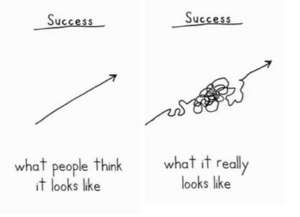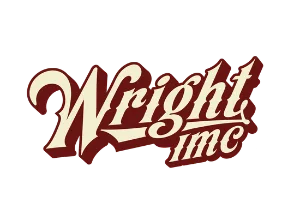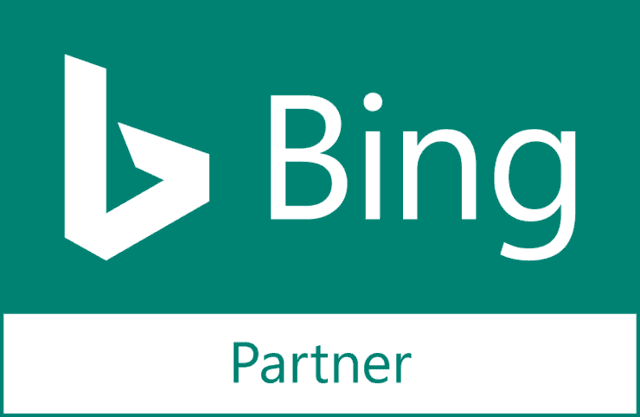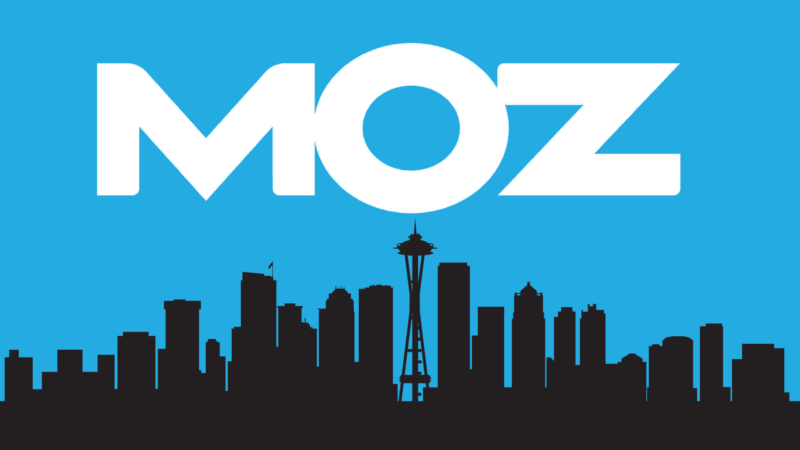
Crash Course or Course Crash
As a traditional marketing student, I learned a lot about the principles of the marketplace in advertising, research, strategy, and statistics. But, as far as the real-world application of my marketing-specific discipline, much was lacking or outdated.
Fortunately, my energies and interests extended beyond the classroom. I volunteered to publicize multiple on-campus programs, operated as a freelance graphic designer and photographer, coordinated event-planning efforts for student activities, attended student government meetings, and engaged with many friends on the campus newspaper staff. I held a media VP position in our collegiate AMA chapter and frequently took advantage of networking opportunities in the local professional chapter.
Fortunately, I appreciated and ambitiously pursued these activities, for I would not have otherwise been exposed to them in a traditional classroom environment. My major department did not value engagement with these other related entities, yet, the more I delved into ‘the real world,’ the more I discovered how interwoven the other disciplines in online marketing.
Late in my junior year, I really became concerned that I, and other marketing students, were not be exposed or educated about necessary skills taught in other courses. We were not required to take additional creative writing courses. Likewise, communications students took no visual arts class. And, business students were not required to take media courses. Even more concerning was the fact that a relevant and maturing industry existed for which I was not being adequately prepared.
Right now there are many more entry-level job openings in the fields of social media, content management, public relations, and search engine optimization than there are in “traditional” marketing. Yet, there isn’t enough properly educated talent to fill these positions, which hurts the productivity of businesses that must train their own people.
The challenge is to connect traditional classroom principles with emerging methodologies. The landscape of marketing is shifting from push mediums to the ultimate pull medium – the Internet. Traditional marketing interrupts or distracts an audience, while online marketing markets within the content that the audience expressly wants. Don’t get me wrong, the traditional marketing skillset is still incredibly beneficial – in fact, it has radical new applications: in online optimization, we are able to measure and monitor brand reputation; we can employ statistical analysis skills to make inferences from data to determine customer acquisition and retention rates, and we can prepare messages for real-time social media conversation and targeted remarketing efforts.
Bullied by Barriers
Graduates of traditional degree programs who don’t develop online psychology skills, web development know-how, or who aren’t familiar with reporting software encounter many barriers to entry into the contemporary marketing environment.
Employers in these emergent fields want to hire savvy people who will use their time and energies efficiently. Because required entry-level skills are more advanced than ever before, if the learning curve is too steep, or the gap too disparate, graduates will feel inadequate in their abilities.
As a student, if you are not taking proactive measures to learn about emerging technologies, and involve yourself in related efforts, your degree will be outdated upon graduation. You must pair your current education with relevant experience.
Renewed Hope
If more interdisciplinary coursework were encouraged, we would have a more equipped and well-rounded workforce, with relevant degree applications. One program of study, in particular, has approached this opportunity with a solution. Unique, although not alone in its efforts, the mission of the Emerging Media and Communications major at the University of Texas at Dallas is to ‘prepare the communicators of the 21st century.’ By doing so, these educators understand the importance of embracing the technologies that make this communication possible.
It’s not about replacing traditional programs – rather, it’s enhancing them by mixing theory with practical application and technical skill. This type of program educates students in media literacy, as they learn marketing principles in combination with design, journalism, and statistics. The students step outside the boundaries of a conventional approach in order to be trained for immediate engagement with the dynamic online environment.
This relevant degree application only occurs as a result of relevant training. What they didn’t – and probably couldn’t – teach me in college, is what I’ve learned on my own for the last few months. My hope is that other current students understand the importance of taking personal ownership of their future careers. It’s your responsibility to develop skills that will make you marketable upon graduation.
Photo courtesy of Jason Keath





